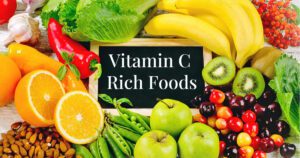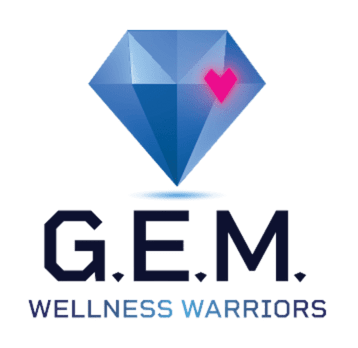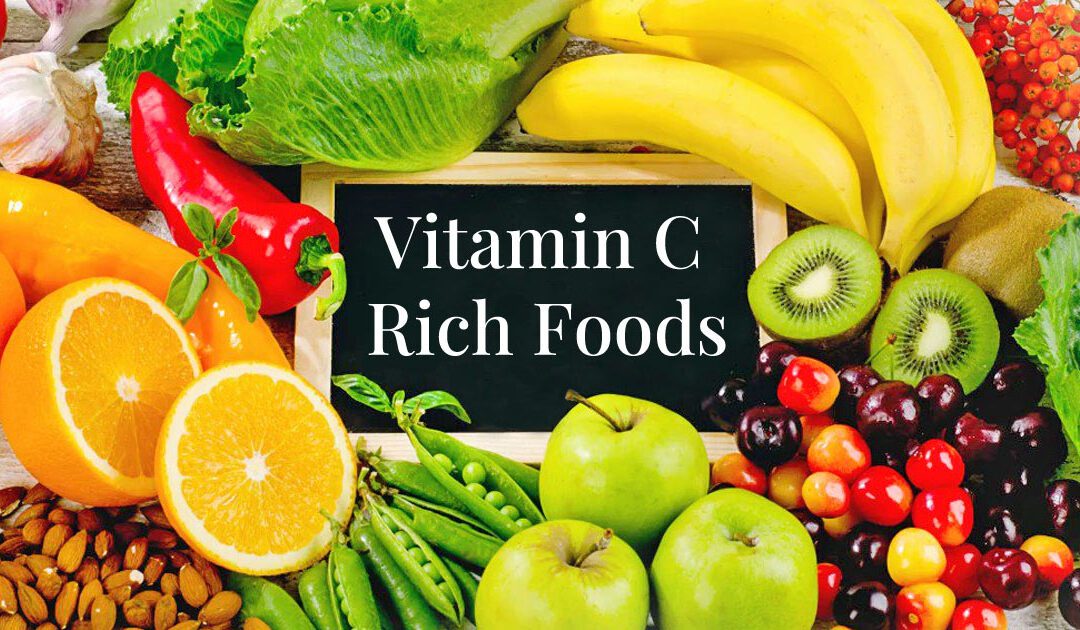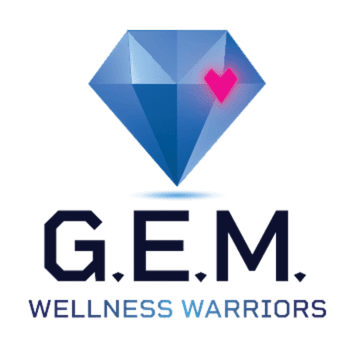Vitamin C
One of the essential vitamins of wellbeing, referred to at times, as ascorbic acid, a water loving vitamin that all humans need and unfortunately are unable to manufacture.
Surprisingly, humans don’t make their own vitamin C, as some animals do. We must ingest it in foods and supplements. The foods rich in Vitamin C are seasonal citrus fruits and other seasonal fruit and vegetables.
It was the insights of Linus Pauling (2 x Nobel Prize Winner, 1901 – 1994) coined the term “orthomolecular” in the 1960s to mean “the right molecules in the right amounts” (ortho- in Greek implies “correct”).
Orthomolecular medicine is a form of alternative medicine that aims to maintain human health through nutritional supplementation. The concept builds on the idea of an optimal nutritional environment in the body and suggests that diseases reflect deficiencies in this environment. Treat the disease, according to this view involves attempts to correct ‘Imbalances of deficiencies based on individual biochemistry’ by use of substances such as vitamins, minerals, amino acids, trace elements and fatty acids.
It is regarded that the work of Linus Pauling advocating the notion that mega doses of Vitamin C could avert the common cold, viruses and slow the aging process. A month after his 1970 publication, ‘Vitamin C and the Common Cold’, the growth of Vitamin C supplements expanded. Pauling helped transform the marginal supplement business from a marginal enterprise serving health food stores to an alternative medical powerhouse with annual sales on par with the pharmaceutical industry.
Source: https://bit.ly/3JCv3O3
Vitamin C is one which has several relationships with others to work in the body, those relationship can be divided into:
Synergistic – Vitamin E
Varies based on Nutrient Levels – Copper, Iron and Selenium
Antagonistic Relationship – Vitamin B12.
If you consume too much vitamin C it is possible to develop stomach upsets, diarrhea, gas and bloating, even kidney stones. The higher the levels of copper in one’s body, the greater the need for vitamin C.
Vitamin C is a powerful antioxidant which is essential to one’s metabolic wellbeing. The essence that ‘Food is medicine, let medicine be thy food’ is amplified in this case with the uptake of certain fruits, particularly seasonal citrus fruits, other fruits such as berries, papaya, kiwifruits, oranges, grapefruit and watermelon. Some vegetables, again depending in season can include, celery, carrots, onions. A ‘superfood’ which contains vitamin C in abundance is beef liver.
Let real food fuel your most important asset in a healthy real way for optimal wellbeing.



